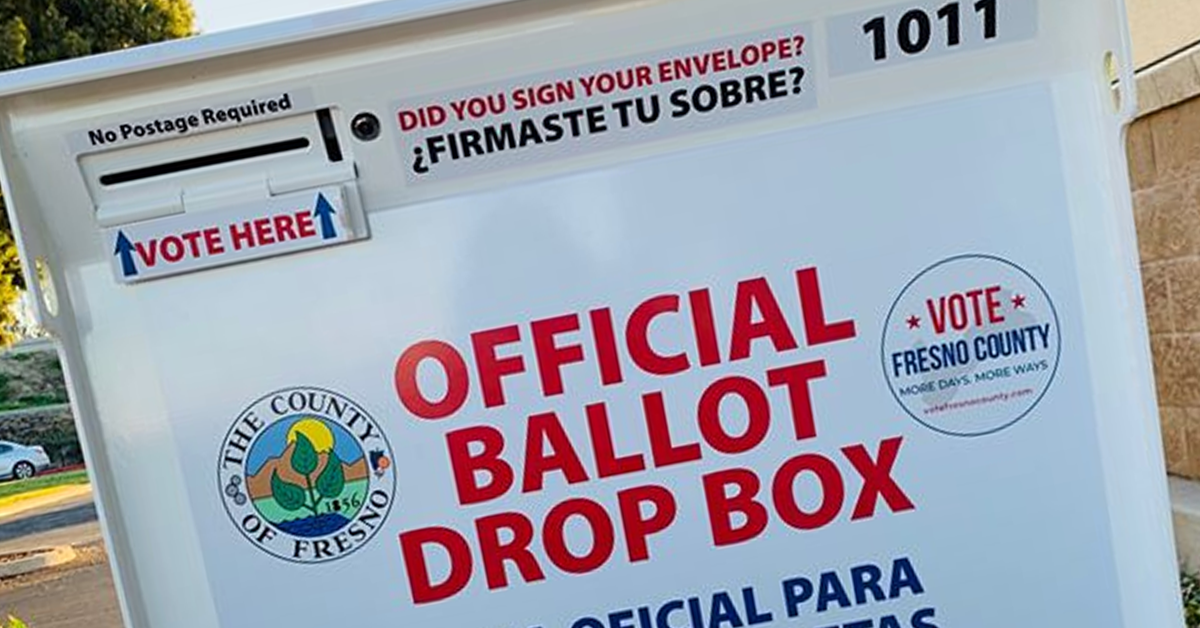New analysis from the Pacific Research Institute found the recommendations of California’s Reparations Task Force would cost $2.8 trillion and push nearly two million people out of the state over the next five years.
The Pacific Research Institute is a nonpartisan free-market think tank with offices in Pasadena and Sacramento.
The big picture: The Pacific Research Institute analyzed California’s reparations recommendations and estimated that around two million Black Californians would be eligible for the recommended $1.4 million payout per person.
- That would put the state’s total reparations bill at $2.8 million.
- Reparations would cost California $93.3 billion annually over a 30-year payout period.
Go deeper: Noting the unlikelihood of California lawmakers to significantly reduce spending, the Pacific Research Institute calculated a 54 percent increase in the marginal state income tax and sales tax burden for the average household to cover reparations.
- Reparations payouts would lead the state’s economy to be 11 percent smaller by 2029, along with 4.9 percent fewer job opportunities.
- The average family’s income would be 5.7 percent lower by 2029 as well.
- While Californians have already been leaving the state in recent years, the Pacific Research Institute estimates that an additional 1.8 million residents would leave directly because of reparations in just five years.
What they’re saying: Wayne Winegarden, a senior fellow in business and economics at the Pacific Research Institute, said it is imperative for California lawmakers to understand the fiscal and economic implications as they consider the reparations recommendations.
- “Our new analysis makes clear – the state reparations plan is a financially unrealistic proposal that will bankrupt California if enacted,” Winegarden said.
- Winegarden added, “Unlike reparations, there are many policies that lawmakers can enact to create prosperity and improve affordability for all – such as appealing AB 5 to increase employment opportunities, implementing school choice, and reforming CEQA to lower housing costs – without imposing huge burdens on the poorest residents who are least able to bear the costs.”











